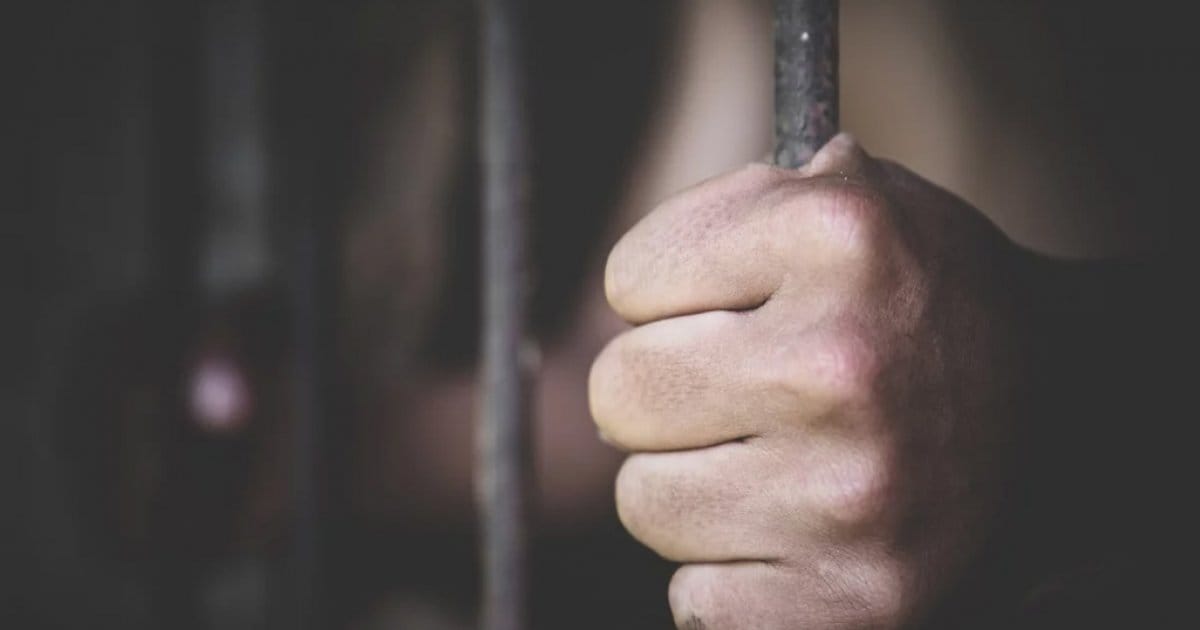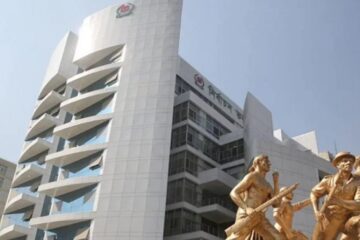Despite being officially designated as “correction centres,” Bangladesh’s prisons remain overcrowded, under-resourced, and far removed from the ideals of rehabilitation.
With nearly 79,000 inmates crammed into facilities built for just over 43,000, the system is buckling under pressure.
Over 70% of these prisoners are undertrial—many languishing for years without conviction.
Cramped cells, limited healthcare, and minimal access to vocational or psychological support paint a grim picture of institutional neglect.
While the government has proposed reforms—including a new Correction Services Act and plans for a correctional industrial park—the question remains: when will these facilities truly serve as places of transformation, not punishment?
Justice delayed, lives in limbo
A staggering 70% of the prison population consists of undertrial prisoners—individuals awaiting trial, often for minor offenses.
Many have spent years behind bars without a verdict, caught in the slow churn of the judicial system.
“Pre-trial detention has become a punishment in itself,” said a senior human rights lawyer, noting that prolonged incarceration without conviction erodes the very concept of justice.
Harsh realities behind bars
Former inmates recount overcrowded cells where 40 to 50 men share space meant for 20, often sleeping in shifts.
Access to clean water and healthcare remains limited, while women prisoners face additional challenges including inadequate maternal care and lack of privacy.
Rehana Begum (pseudonym), a former inmate of Kashimpur Women’s Jail, described the absence of meaningful rehabilitation: “They call it a correction center, but there was nothing to correct us—no counselling, no training. We just counted days.”
Children born inside prison walls often grow up without access to proper education or developmental support, despite legal provisions for their welfare.
While the Department of Prisons offers vocational training in tailoring, carpentry, and handicrafts, these programs reach only a fraction of inmates.
Experts argue that true rehabilitation requires structured psychological support, literacy programs, and sustained reintegration efforts.
Reform on paper
Rights organizations such as Ain o Salish Kendra (ASK) and Bangladesh Legal Aid and Services Trust (BLAST) have long advocated for comprehensive prison reform.
A 2024 parliamentary committee report recommended modernizing facilities, introducing electronic case management to reduce trial delays, and expanding rehabilitation through public-private partnerships.
However, implementation has been slow, hindered by limited funding, bureaucratic inertia, and lack of political will.
Future plans
Inspector General of Prisons Brigadier General Syed Md Motaher Hossain acknowledged the challenges and outlined steps toward reform.
He revealed plans to rename “Bangladesh Jail” to “Correction Services Bangladesh,” signaling a shift in focus toward rehabilitation.
A draft Correction Services Act 2025 has been finalized and submitted for government approval.
The proposed legislation aims to modernize prison laws and align them with contemporary correctional standards.
Brig Gen Hossain also announced a proposal to establish a correctional industrial park to harness the productive capacity of inmates.
“We have approximately 70,000–75,000 prisoners annually, and 50,000 of them are physically capable of earning,” he said.
“By installing an industrial park, we can utilize their potential and support their families.”



